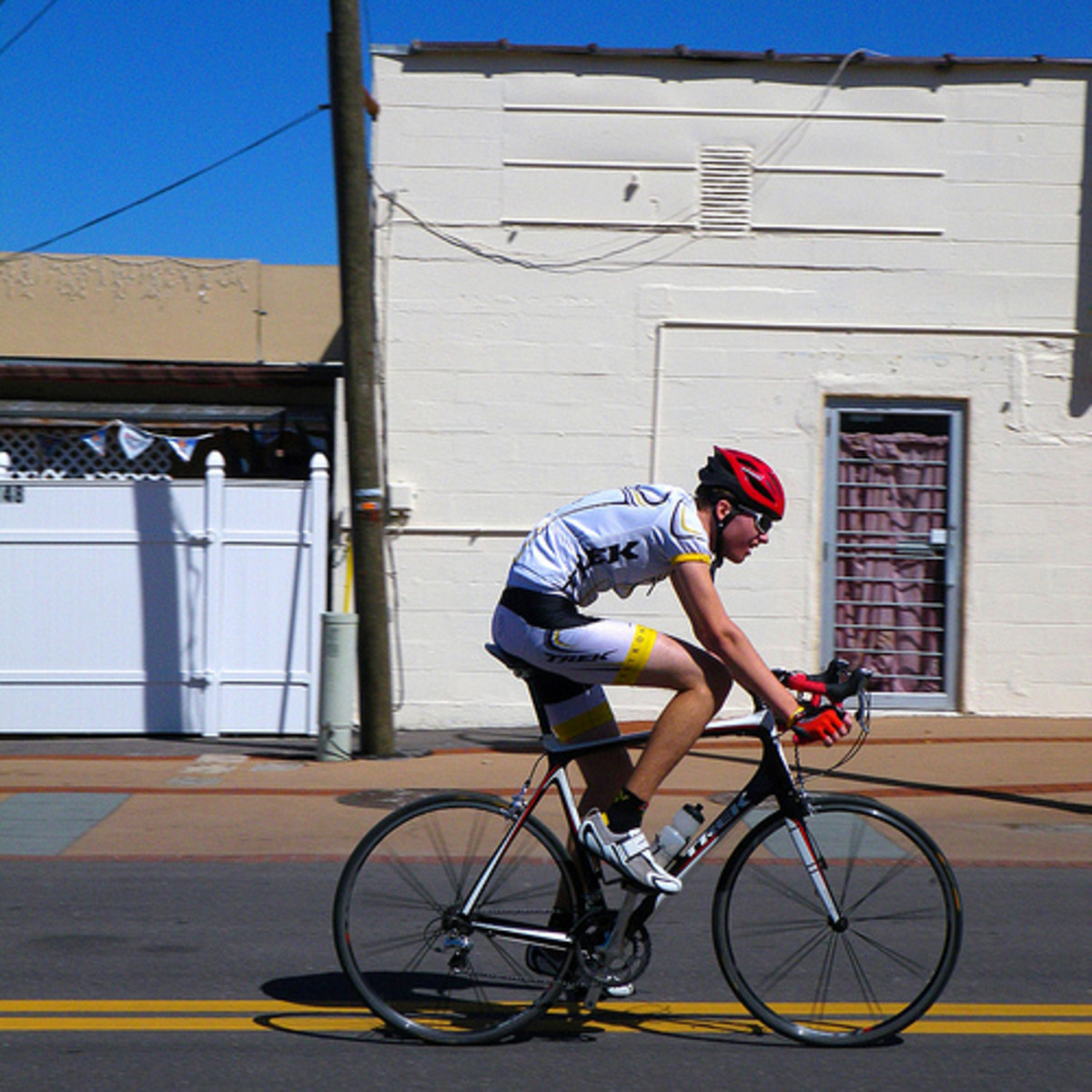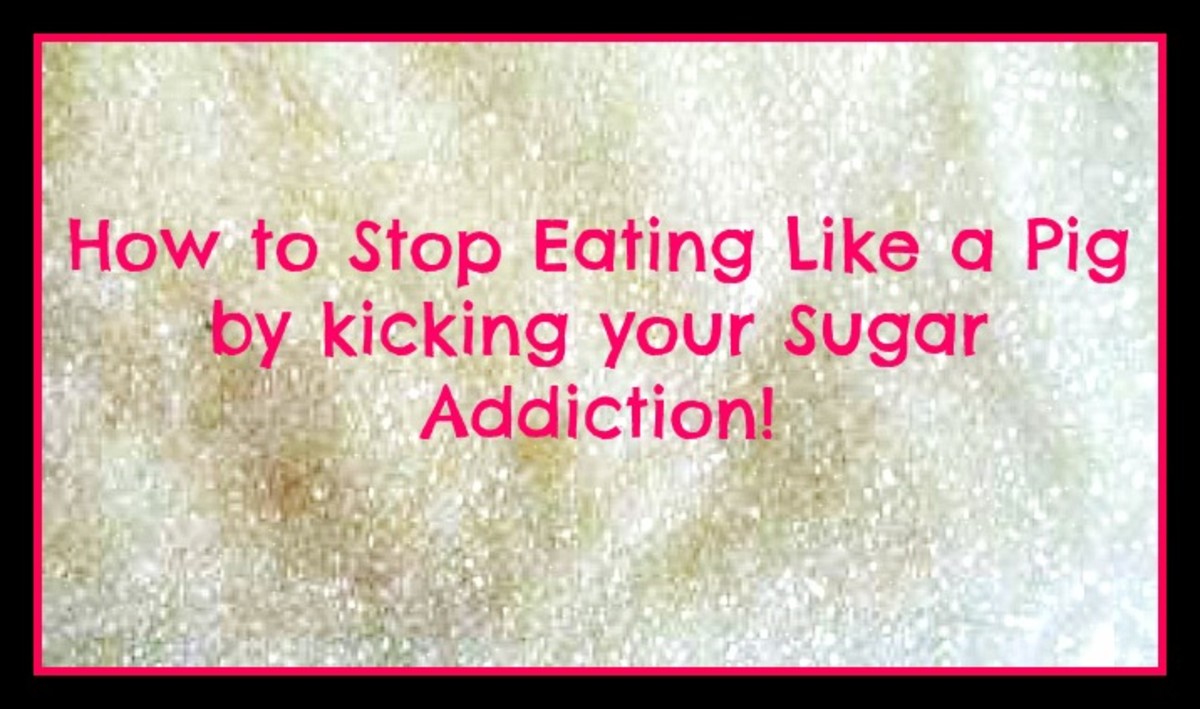Pro-Anorexia (Pro Ana): The New Online Predator
The Often Overlooked Threat
Two years ago, googling "pro-ana" brought up a host of news articles and blog posts condemning the pro-anorexic movement. Today, your search turns up hundreds of forums and sites geared towards the promotion of the so-called "lifestyle." The public outrage over websites extolling eating disordered behavior has died out, but the threat continues, and our daughters, nieces, and sisters are exposed to it every day.
Thousands of young women log on every day to glean tips and tricks from their fellow disordered, post "progress" pictures and update their weight stats. Do you know what they're looking at?




Pro-Ana Sites
Sites like Pro-Ana Nation, Fading Obsession, and Mi-Ana Land claim to provide "support" for those struggling with eating disorders, when in fact what they do is perpetuate the spread and severity of the epidemic. In response to the outcry several years back, many of these communities have simply gone underground, while others have added disclaimers, such as this one, from the Pro-Ana Nation:
"This site is not intended to encourage people to develop eating disorders. You may be asking what the purpose of this site is, then. First and foremost, it is to offer support to others who struggle with anorexia and bulimia... There is much public concern over individuals, particularly young girls, visiting websites, chat rooms and message boards in hopes of learning how to ‘become' anorexic. The simple truth is, it won't work. They can mimic disordered eating behaviors in order to lose weight but this does not constitute an eating disorder."
On the same site, one can find exercise tips, low-calorie food suggestions, and instructions on how to eat less while avoiding compensatory bingeing.
Despite "pro-anorexic" sites' attempts to wash their hands of blame, there is hard evidencethat eating disorders are addictive. The Pro-Ana Nation itself quotes a statistic stating that 35% of occasional dieters become pathological dieters. Under the owner's "reasons" for being anorexic, she lists, among other things, "Because starving myself is an addiction." And there is no denying that, even if these sites are not creating more anorexics, the wealth of information they divulge on behaviors and how to better hide them certainly creates worse cases out of those who might not have been so without it.
Experts Weigh In
A recent study at Stanford University found that patients who used pro-eating-disorder sites were sicker longer. Even sites like House of Thin, which claim to be pro-recovery are harmful. In the Stanford Study, patients who used both pro-eating-disorder and pro-recovery sites were admitted to the hospital more times than nonusers.
Also, eating-disorder patients can get new, often harmful ideas from pro-ana and pro-mia sites. According to the research, 96 percent of respondents who visited pro-eating-disorder sites said they learned new weight-loss or purging techniques; so did 46 percent of respondents who visited pro-recovery sites. Seven out of 10 users of pro-eating-disorder sites said they used the new techniques they learned; a third used new diet pills, supplements or laxatives.
The same study (conducted by way of anonymous surveys mailed to 698 families of patients between the ages 10 of 22, treated for an eating disorder by the Adolescent Medicine Division at Stanford between 1997 and 2004) surveyed parents and children regarding website use and behaviors. In a large majority of cases, the parents had no idea their daughters were using the internet to further their illness, nor what kind of eating-disordered web content was available.
"It's one of the few times in history that someone has come out and said that a very dangerous illness is a good idea, and here's how to do it," says Christopher Athas, vice president of the National Association of Anorexia Nervosa and Associated Disorders.
Website owners claim protection based on first amendment rights, but doctors and parents alike want some sort of accountability. In November of 2006, the Academy for Eating Disorders requested that the government pass laws requiring a warning before entering a site, similar to those on pages with pornographic content. But until more of the public realizes the problem and mobilizes against it, experts fear, nothing will be done.









